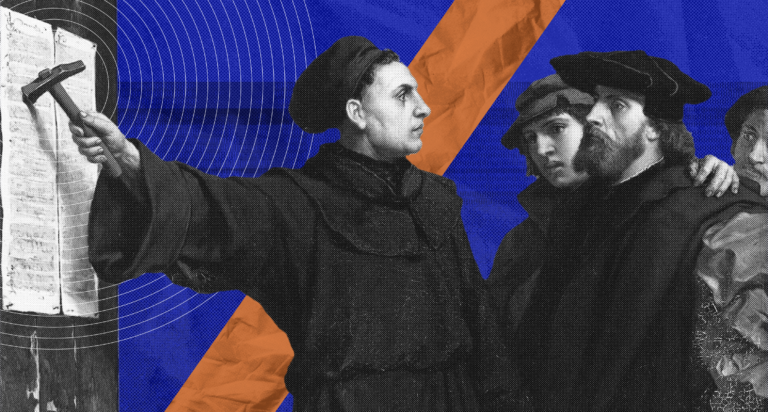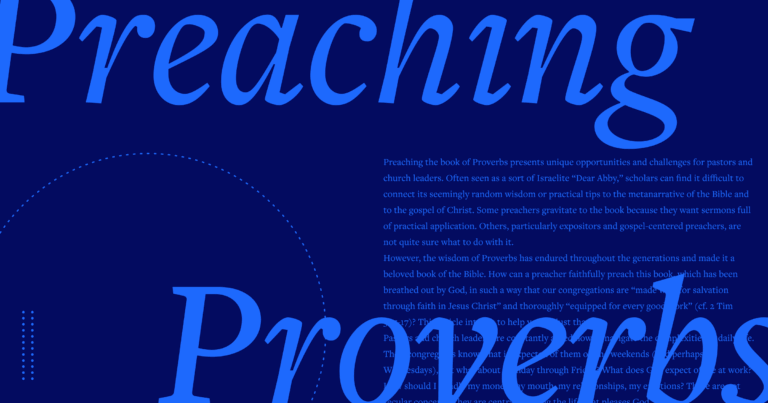After Agabus warns Paul of the troubles he will face in Jerusalem, believers from Caesarea escorted Paul to Jerusalem. This stage of the journey might take two days, depending on how long he stays with a Christian named Mnason. Paul’s goal is to arrive in Jerusalem by the time of Pentecost. At this point, he is close enough to Jerusalem to arrive in time for the festival.
Likely, they pass through Joppa and Lydda, locations where Peter ministered in Acts 9:32-43. If a Christian community had formed in these locations, Paul may have paused to greet them. In any case, these communities may have been Luke’s source for Peter’s ministry there (Keener, Acts, 3:3110). They “go up” to Jerusalem even though this stage of the trip moves southeast. This is sacred geography. One always “goes up” to Jerusalem, regardless of the direction one travels.
The growing entourage now includes Caesarean believers. They spend at least one night with Mnason, “an early disciple” (21:16). Mnason is a Hellenistic Jew from Cyprus. Like Barnabas, Mnason is an early believer, implying he was part of the Jerusalem church. The name Mnason may be a Hellenized form of Manasseh (F. F. Bruce, The Pauline Circle, 99).
Although Hellenistic Jews from Cyprus are mentioned in Acts 11:20, he might have met in the Synagogue of the Freedmen in Acts 6, perhaps as an associate of Stephen (6:14). If so, then he could have known Saul from his early days as a persecutor of the church. Like meeting Philip and Agabus, Paul once again meets someone from the early chapters of Acts (Keener, Acts, 3:3111). The Western text adds that Mnason lived in a village along the way rather than in Jerusalem. They do not arrive in Jerusalem until verse 17.
Mnason entertains (ξενίζω) a large group of travelers, including a few uncircumcised Gentiles. A Jewish host might have balked at hosting these Gentiles, but there is no hint of trouble here. Recall Romans 15:31, Paul is uncertain how he might be received, and the closer to Jerusalem, the more likely Jewish believers might object to his association with uncircumcised Gentiles. Once in Jerusalem, this will be the source of accusations against him. That Mnason could host a large group of travelers may imply he was wealthy and had a large home. Barnabas (another Jew from Cyprus) sold property to give to the disciples (Acts 4:36-37), so it is at least possible that Mnason was also wealthy.
When the entourage finally arrives in Jerusalem, Luke says that the brothers “received them gladly,” indicating the proper hospitality one might expect (21:17). “Gladly” (ἀσμένως) only appears here in the New Testament (see 2 Macc 4:12; 3 Macc 3:15; 5:21). In non-biblical Greek, it can have the idea of joy. Since these brothers are providing hospitality to a large group, they are not begrudgingly giving shelter and a little food. They are welcoming them as one might welcome a close family member and providing for their needs as long as they stay in Jerusalem. Luke frequently comments on believers who gave Paul proper hospitality (Lydia, the Jailer, etc.) and unbelievers who did not. Perhaps Mnason provided introductions to other Hellenistic Jewish believers who could provide hospitality for Gentile believers in Jerusalem.
It is not until the next day that they go to see James, the Lord’s brother, who is the leader of the Jewish Christians in Jerusalem. This implies that these “brothers” are the Hellenistic Jews like those worshiping in the Synagogue of the Freedmen.

 2 weeks ago
46
2 weeks ago
46










 English (US) ·
English (US) ·